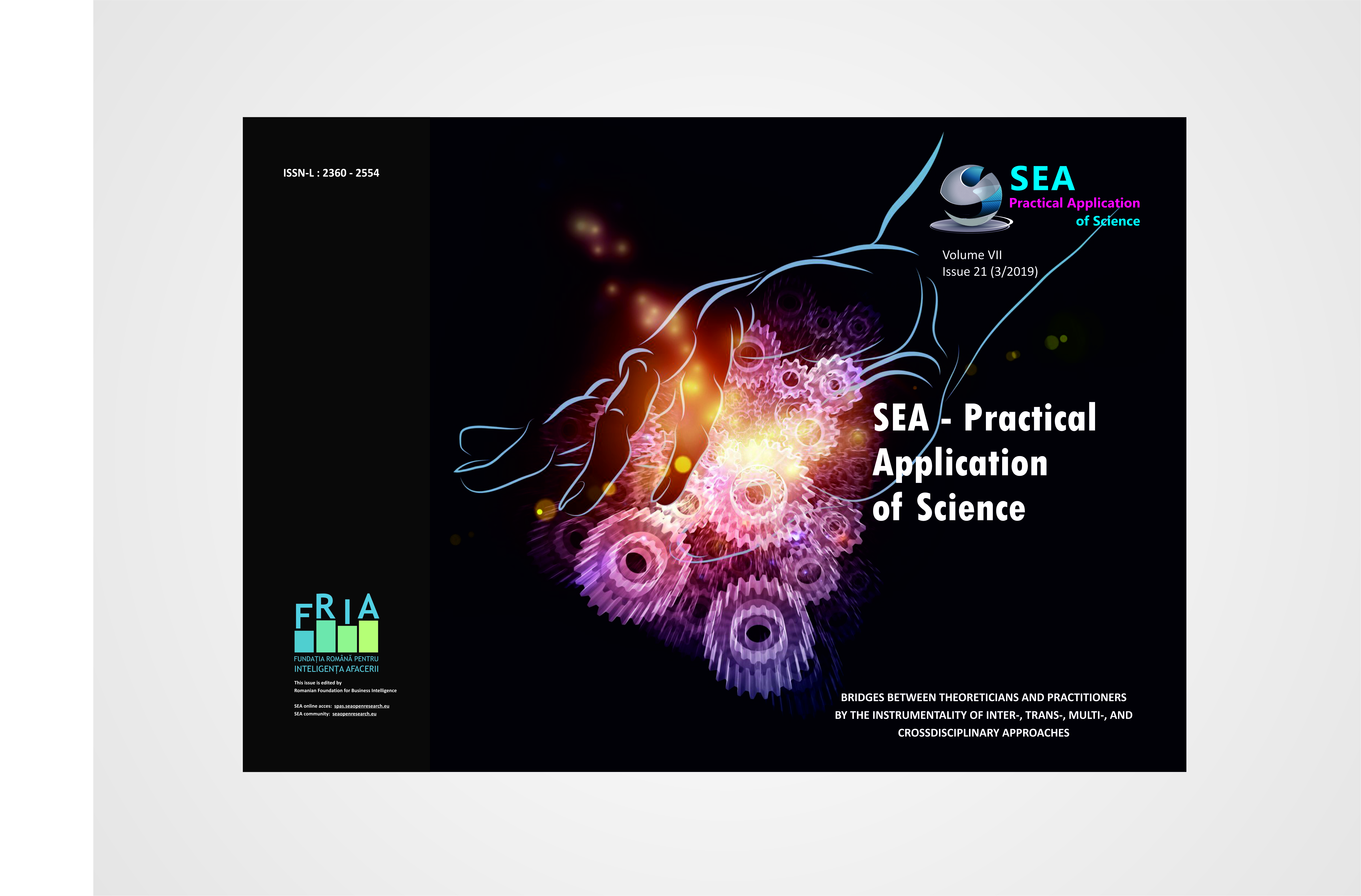GENERATION Z AND LEARNING STYLES
GENERATION Z AND LEARNING STYLES
Author(s): Dumitrita IftodeSubject(s): Social Sciences, Economy, Business Economy / Management, Methodology and research technology, Social development, Social differentiation, Management and complex organizations, Economic development, Human Resources in Economy, Socio-Economic Research
Published by: Fundatia Română pentru Inteligenta Afacerii
Keywords: Generation Z; Students; Learning styles; Learning strategies;
Summary/Abstract: Due to technological evolution and digitalization education has encountered many changes in the last decade. Students as a part of educational system bring their own footprint on it through their learning styles. Therefore, the aim of this study is to evaluate the learning styles of a group of undergraduate and postgraduate students. The achievement of this goal is realized through a questionnaire applied to a sample of 114 students. Particularly, I have used the Felder & Soloman Index (ILS), which is specifically evaluating four learning dimensions: processing information; perceiving information; receiving and understanding information. In order to shape the students’ learning styles, the statements were grouped in three categories and had a five - point Likert scale for evaluation. Even if at first glance the problem of learning styles is considered a simple task, through further analysis I realized that it is a complex process. Understanding and defining the students’ leaning styles is particularly important because this is the key of their active involvement. In this context, Z generation is identified with an auto-didactic and independent learning type and also with a strong desire to choose what and how to study.
Journal: SEA – Practical Application of Science
- Issue Year: VII/2019
- Issue No: 21
- Page Range: 255-262
- Page Count: 7
- Language: English

